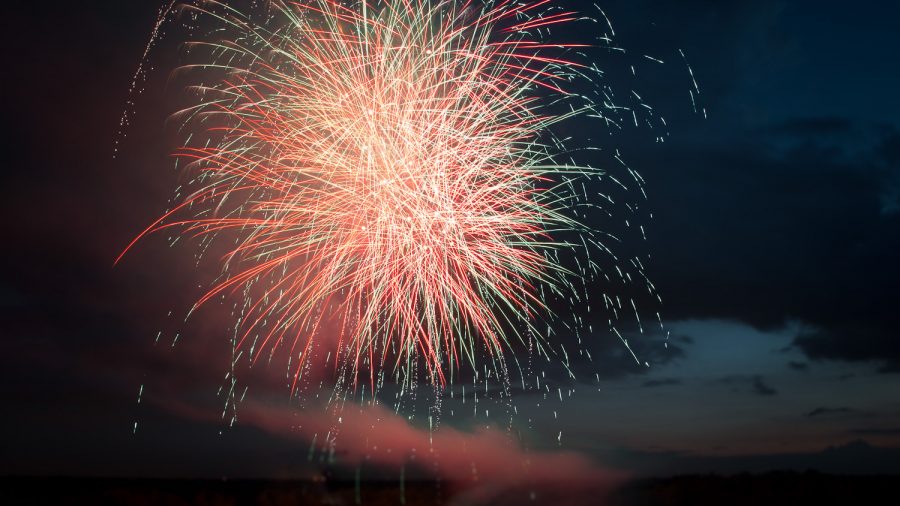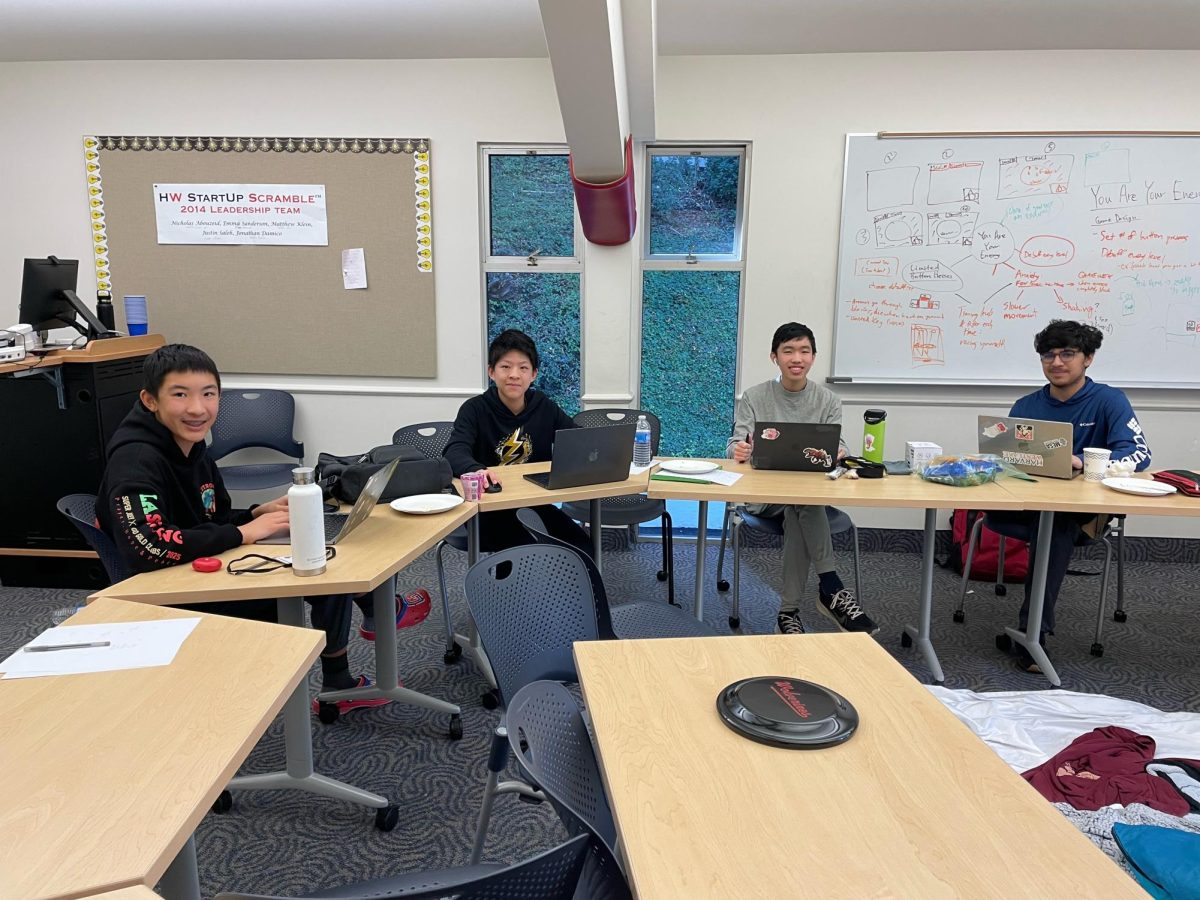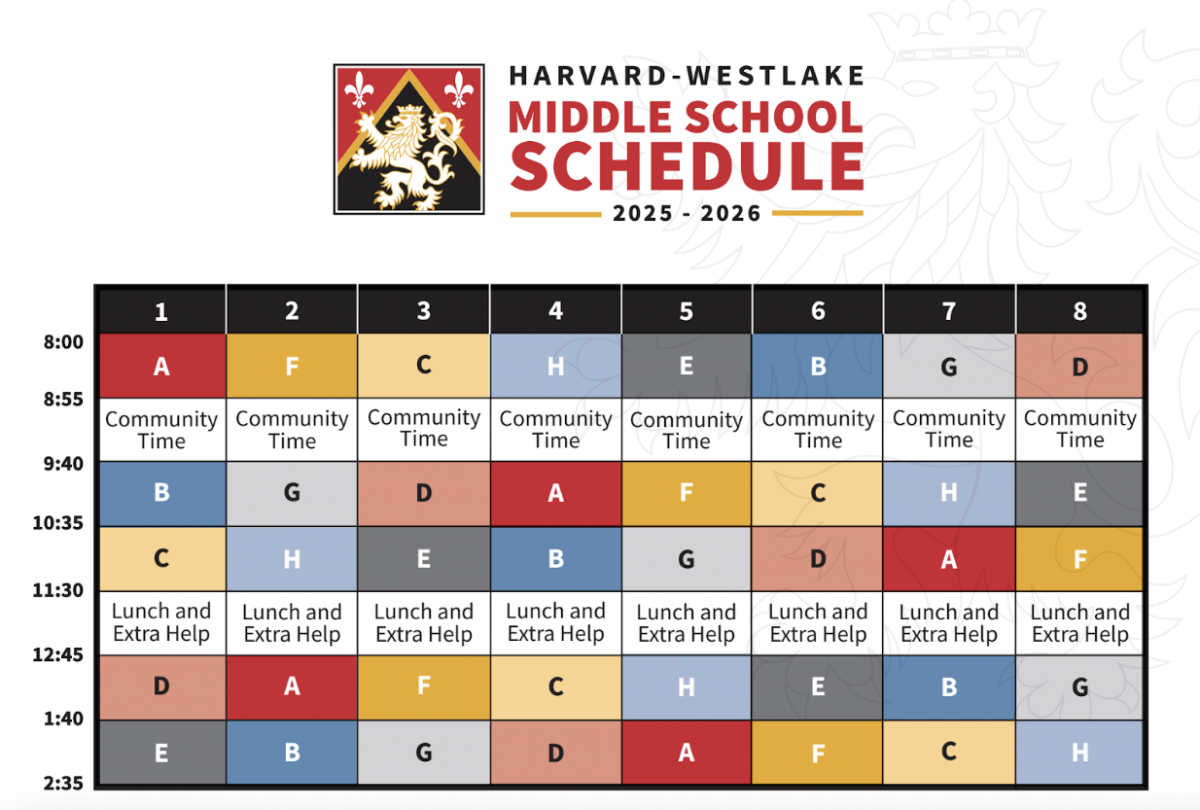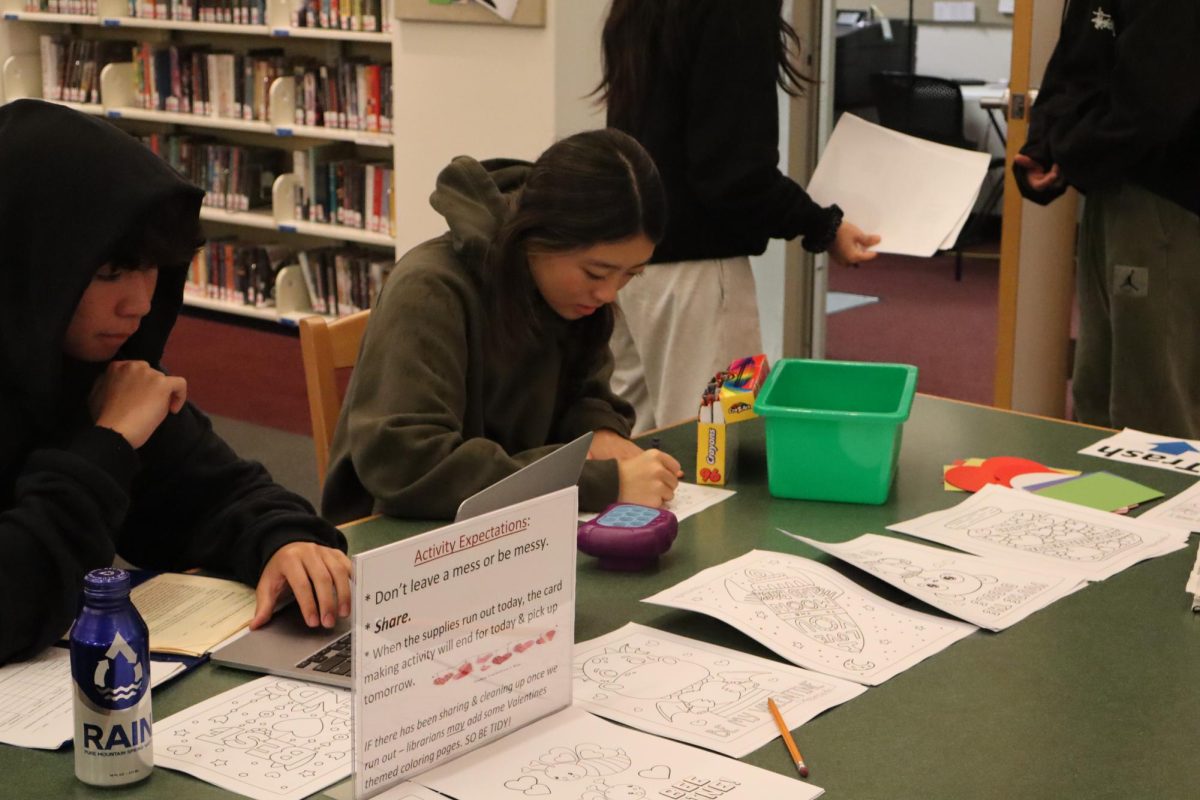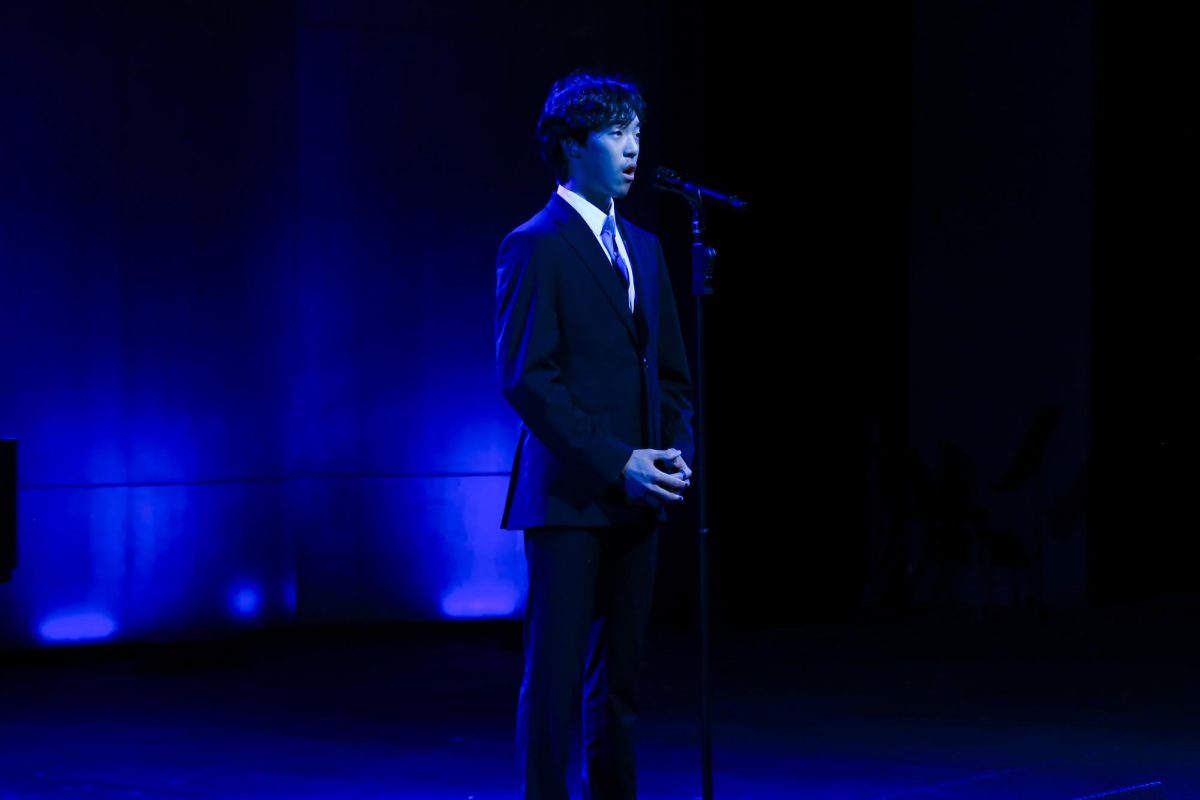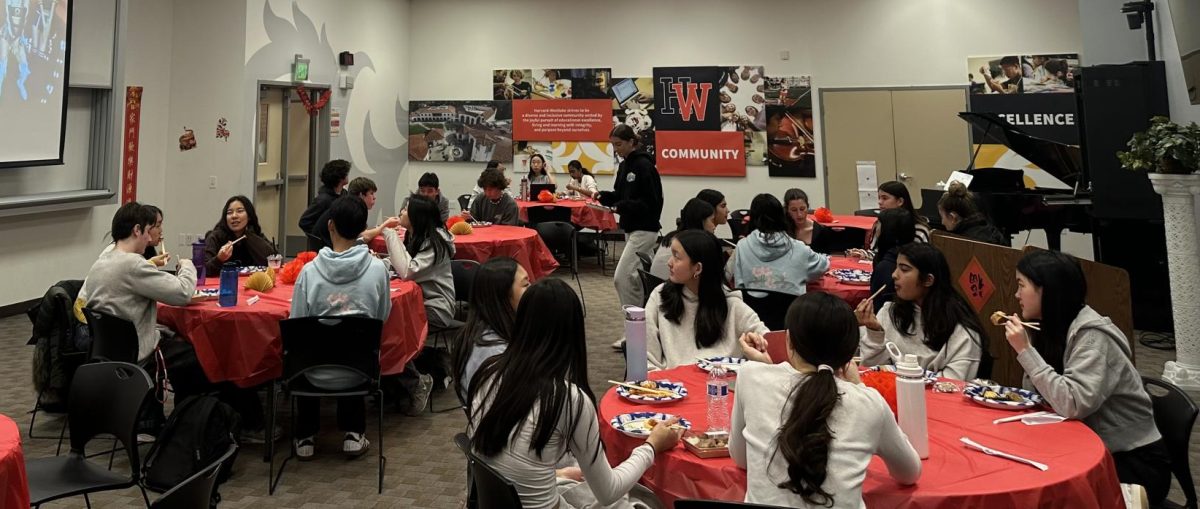As we dive headfirst into 2021, millions of people all over the world are thinking about the New Year’s resolutions they plan to apply to their lives to improve their upcoming year. At Harvard-Westlake (HW), students from all grades are participating in this goal-setting mindset of creating and following through on various New Year’s resolutions.
From the students that filled out the survey sent out by HW Spectrum, 54.5% of students said they created New Year’s resolutions for themselves in the year 2020, while 45.5% of students said they did not create a New Year’s resolution for themselves in 2020.
While some resolutions consisted of hopes of doing better in school or being healthier, a staggering number of students claimed that they don’t remember what their resolution was. The University of Alabama Medicine says that around 8% of people who make New Year’s resolutions do not end up following through with them.
According to the Western Connecticut Health Network, “There are many reasons why people may not keep New Year’s resolutions, but instances of New Year’s resolution burnout can be narrowed down to three psychology-related issues: difficulty breaking old habits, focusing on specific outcomes, and problems with purpose.”
Looking forward into 2021, 66.7% of students that filled out the survey claim they did in fact make a New Year’s resolution for this year, while 33.3% of students did not. The New Year’s resolutions for 2021 seem to have a wide range; from being more organized, fixing sleep schedules, eating/being healthier, to being more present. “It’s human nature to set goals at the start of something new,” said the Western Connecticut Health Network, “making the start of the New Year a popular time to set new goals and expectations for the year ahead.”
Some students, like Sarah Parmet ’25, believe that New Year’s resolutions can be a positive way to start the new year off on the right foot. “I believe making New Year Resolutions is a great way to set goals and accomplish them,” said Parmet. “so at the end of the year, you can see how far you’ve come.”
Nevertheless, other students like Elizabeth Johnstone ‘24, believe New Year’s resolutions are simply an illusion of progress. “I stopped making resolutions because I knew I wouldn’t keep one,” said Johnstone. “If I really wanted to make an improvement in my life, I’d get up and do it, regardless of what time of year it was.”
Although some students of Harvard Westlake believe that New Year’s Resolutions aren’t productive, the majority of students participate in this traditional exercise of self-improvement.
